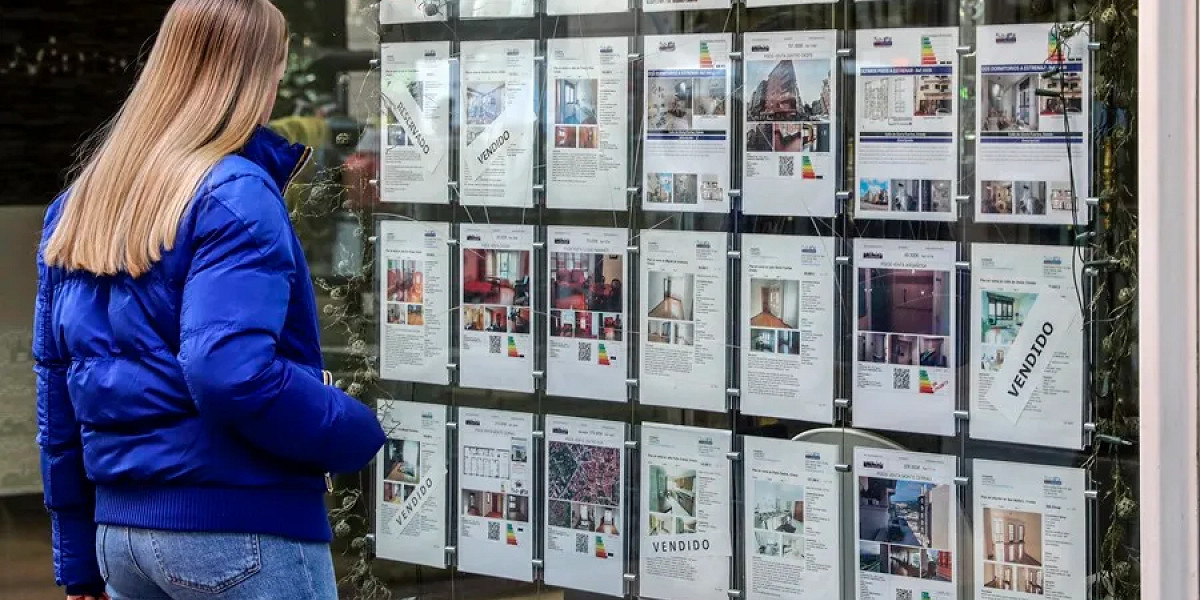In short, those who follow the real estate market are clear that the forecasts continue to show an upward trend, and it doesn't look like things will slow down in 2026. The latest report prepared by the Real Estate Business School in collaboration with the University of Malaga points precisely in that direction: robust growth in both sales and prices and mortgage transactions over the coming years.
The figures are overwhelming. By 2025, a 16.3% increase in new home sales is expected, an 11.2% increase in second-hand homes, and a 9% increase in mortgages. The trend will continue in 2026, albeit with somewhat more moderate increases: new-build transactions could reach nearly 169,000 units, while existing housing transactions will exceed 612,000. Furthermore, the volume of mortgages is expected to reach almost 430,000 transactions.
Regarding prices, the projections also leave little room for optimism for those seeking opportunities: new construction will rise 6.1% in 2026, reaching an average of more than €305,000, while resale will advance 5.5% and exceed €204,000 on average. This price growth is closely related to the increase in the average mortgage amount, which will reach €224,000 in 2026, after a rise of more than 35% in 2025 and another 13.7% the following year.
On the supply side, increases are also anticipated in both permits and housing starts, although the delivery of finished apartments will grow more moderately until 2026, when it could exceed 100,000 completed units.
At the report presentation, the director of the Real Estate Business School emphasized the importance of addressing the mismatch between supply and demand, especially in the second-hand market—where a third of transactions are closed in cash—and defended the need to boost affordable housing with a combination of bank financing and European support on public land. He also highlighted the role of small players in the sector, such as cooperatives and microprojects, which represent a key niche in generating new supply.
The conclusion is clear: the Spanish real estate sector is facing a new expansionary cycle, with rising prices and transactions. Adapting to this reality and exploring innovative ways to boost supply will be essential to alleviate pressure and facilitate access to housing.

